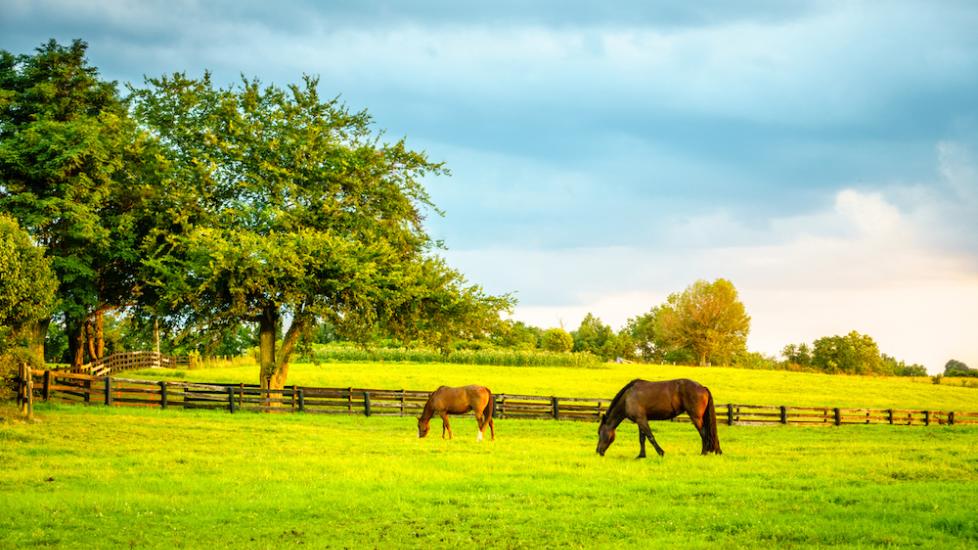Acorn Poisoning in Horses
What Is Acorn Poisoning in Horses?
One of a horse owner’s greatest fears is that their beloved animal will eat something out in their beautiful pasture that is dangerous. One of those potentially toxic plants is acorns. Acorns and some other parts of oak trees contain tannins (naturally occurring chemical compounds) which are toxic to horses in large amounts. These tannins can cause injury to the kidneys and gastrointestinal tract.
How Common Is Acorn Poisoning in Horses?
Horses must ingest a large number of acorns for them to be toxic, therefore, acorn toxicity is relatively rare. Generally, horses will avoid eating them unless they are bored or don’t have better tasting options like good hay, grain, or grass.
How Long are Acorns Toxic?
All acorns and parts of the oak tree may be toxic, but new buds/leaves that form on the oak tree in the spring and the juvenile–green acorns are the most toxic parts of the plant.
How Do You Treat Acorn Toxicity in Horses?
Acorn toxicity can lead to kidney damage and damage to the GI tract which typically presents as colic. Treatment for acorn toxicity is supportive care and stopping the ingestion. Supportive care can involve:
-
IV fluids
-
Anti-inflammatories (Banamine, Phenylbutazone, Steroids)
-
Nutritional support
Since it takes a large number of acorns to be toxic, the prognosis is usually good. However, if there is significant kidney damage, acorn poisoning can be fatal. If your horse is showing any symptoms, call your veterinarian right away.
Prevention of Acorn Poisoning in Horses
The best method for treating acorn toxicity is to prevent it in the first place. This means managing your pastures to prevent your horses from wanting to eat acorns or oak tree leaves. Cutting down oak trees entirely is usually not necessary, but the following practices may be helpful:
-
Providing sufficient forage (hay or grass) to keep your horse satisfied and entertained
-
Keep tree branches trimmed
-
Fence around tree trunks
-
Rake up acorns that have fallen on the ground
References
-
Martinson, Krishona, et al. Oak Buds and Green Acorns Can Harm Horses. Extension at the University of Minnesota.
-
Mazan, Melissa. The Truth about Acorn Toxicity and Horses. The Truth About Acorn Toxicity and Horses | Cummings School of Veterinary Medicine.
Featured Image: iStock.com/alexeys
